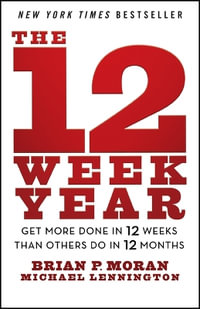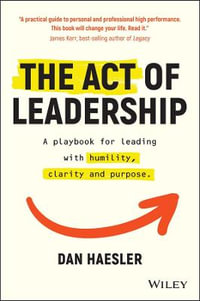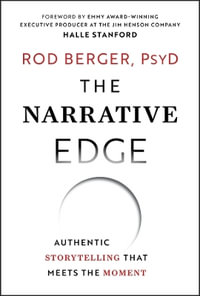This one-of-a-kind book fills a gap in the literature by providing readers with a systematic approach to monitoring and evaluation (M&E) training for programs and projects. Bridging theoretical concepts with practical, how-to knowledge, authors Scott Chaplowe and J. Bradley Cousins draw upon the scholarly literature, applied resources, and over 50 years of combined experience to provide expert guidance that can be tailored to different M&E training needs and contexts, including those for novices, professionals, organizations and their staff, community members, and other groups with a desire to learn and sustain sound M&E practices.
Industry Reviews
This text is excellent for building the capacity of trainers that help professionals and nonprofessionals to learn about program evaluation. -- Lori L. Bakken The book contains useful guidelines for designing effective M&E training, or for designing training generally. -- John Mathiason Monitoring and Evaluation Training: A Systematic Approach reflects a meticulous review of the literature and discourse on evaluation capacity building and development to inform successful M&E training. It acknowledges the complexity of interdependent considerations, including larger organizational and societal contexts, to not only deliver effective M&E training, but also training transfer - the ability of trainees to apply M&E learning after training has been completed. -- Joseph Dickman I often note that it seems like we're endlessly training NGO staff in M&E, and frustrated with the mediocre work that results. Effective training is so much more than just delivering or facilitating good content. What is so essential about this book is that it fills a key gap on how to effectively train for M&E, and it does so in a thorough yet digestible format. In an era of increasing demand and need for evaluation capacity building, this book is a key tool for higher quality and more sustainable results. -- Christie Getman Monitoring and Evaluation Training is a very comprehensive and well-illustrated training manual which is grounded on modern theories and presents practical application of all known M&E training and facilitation tools and methods. As a former trainer in Project Cycle Management related M&E and facilitator of planning and self-evaluation workshops, I would have loved to have such a book. -- Claude Hilfiker Whether managing or delivering M&E training in the fields of development or philanthropy, this book prides both the "nuts and bolts" as well as the conceptual backdrop for effective M&E training. -- Nancy MacPherson Written for a diversity of training contexts, this excellent and timely book draws extensively from current literature yet is highly practical, reflecting the vast real-world experience of the authors. It will be very useful for anyone who has to cultivate an appreciation for M&E and evaluative thinking in their organizations, teams or communities - whether evaluators, program managers, team leaders or researchers. -- Zendra Ofir After more than 25 years of observing and delivering M & E training, I'm delighted to see this book which provides such good advice about building in adult learning principles and proper planning. M & E training is an important element of building and strengthening evaluation capacity. The book combines accessible guidance about principles of good instructional design and delivery with very practical exercises and examples. Novice and experienced M & E trainers could all learn from it. -- Patricia Rogers Monitoring and Evaluation Training: A Systematic Approach is a welcome addition to the field of monitoring and evaluation, notable in its scope and breadth of a topic of increasingly importance in the evaluation community. -- Marco Segone The authors support effectively capacity building in M&E by providing an enriching compendium of well-tried tools and practical hints for systematic training, complemented with a sound grasp of the underpinning theoretical concepts. -- Thomas Widmer This book is valuable resource for people, like me, who are involved in building and strengthening evaluation capacity in the humanitarian sector. It balances the personal experience of the authors with up-to-date academic knowledge, communicated in an easy and humorous way that makes reading this book serious fun. -- Mzia Turashvili

























